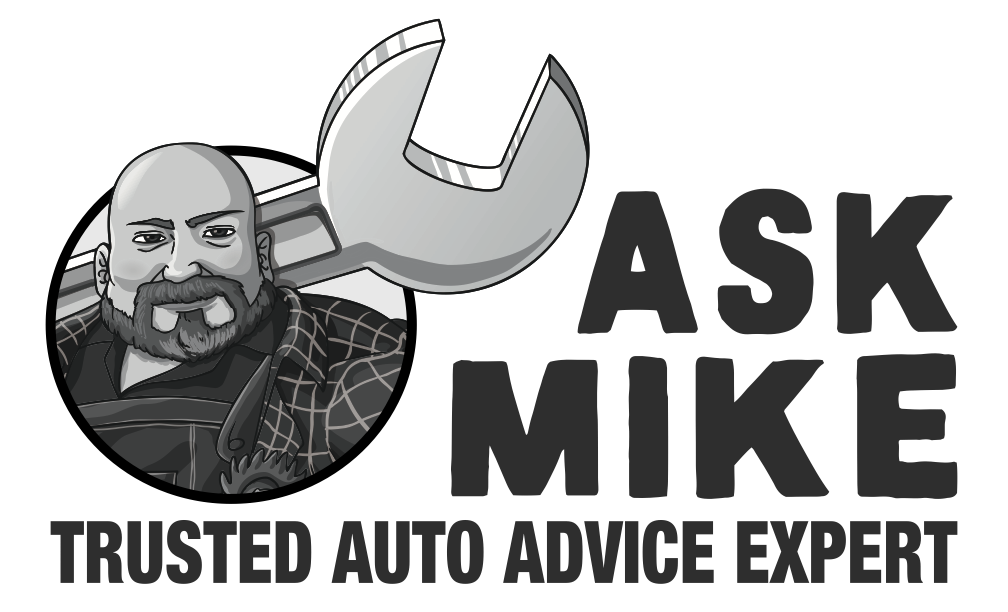Dear Mike,
I’ve noticed some strange behavior with my brakes lately, and I’m wondering if I need a brake line replacement. When I hit the brakes, there’s a slight grinding noise that I can hear and feel in the pedal. Also, the brakes seem to be less responsive than usual, and there’s more travel in the pedal before the car starts to slow down. These issues have been getting worse over time, and I’m worried that they’re indicative of a bigger problem that could put me and my passengers in danger.
Any advice on what I should do? Should I take my car to a mechanic to get a professional diagnosis, or is there anything I can check myself to determine if I need a brake line replacement? I’m not particularly knowledgeable about cars, so any guidance you could provide would be much appreciated.
Thanks in advance for your help!
Sincerely,
Jasper
Dear Jasper,
First of all, I’m glad you realized something isn’t right with your brakes. Your safety comes first, and it’s wise to address any brake issues as soon as possible. As for your concern, it could be a brake line problem. Let’s dig into this matter and figure out what’s going on with your brakes.
Our brake systems are a complex mesh of steel and rubber lines, hoses, cylinders, and disks. And because we take our brakes for granted (they should always work, right?), we usually don’t pay much attention to them until something goes wrong. But don’t worry, Jasper. I’m here to give you some practical tips that can help you address the brake problem.
As per your description, the grinding sound and the unresponsiveness in the pedal are both symptomatic of worn-out brake pads. When brake pads wear out, they lose their thickness, reducing their stopping power. Also, as the pads wear, the metal wear indicators create a grinding noise, reminding you that it’s time to replace them.
The brake pedal’s increased travel (the distance you need to cover to have any effect on the speed of the car) is a tell-tale sign that the brake system has lost pressure because of a brake fluid leak. And because you say that you’ve seen brake fluid leaking, it’s highly likely that the leak originates from a damaged brake line.
So, Jasper, in answer to your first question, chances are you need a brake line replacement. To double-check, you could consider hiring a trusted brake mechanic. They will have the expertise and equipment to assess your brake situation comprehensively and advise you accordingly.
But, one thing you can do yourself is to check how much brake fluid is left in the master cylinder reservoir. You can find it under the hood, conveniently located near the driver’s side. Ensure that the brake fluid level is above the minimum threshold and that it looks clean. If the fluid is low, that’s a clear sign of a leak, and you should have your brakes checked by a professional without delay.
Now, I’m not one to scare people unnecessarily, but I must state that brake issues should never be ignored. Brake failure can be catastrophic, leading to car crashes, injuries, and even fatalities. So, I urge you to seek professional help if you have any doubts about your car’s brake system.
In conclusion, Jasper, replace your worn-out brake pads and get your brakes checked by a brake specialist to fix the brake line. Being vigilant about your brake system’s health now will not only save you money but also keep you, your passengers, and others safe on the road.
Hope this helps, and happy and safe driving!
Cheers,
Mike.
